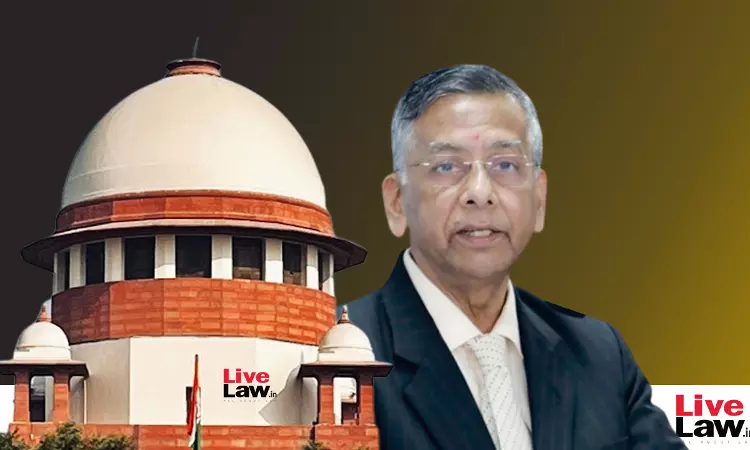Amendments To CrPC & IPC Under Active Consideration: Attorney General Tells Supreme Court
Padmakshi Sharma
6 April 2023 4:30 PM IST

Next Story
6 April 2023 4:30 PM IST
The Union Government on Thursday informed the Apex Court that the Centre was actively considering amendments to the Code of Criminal Procedure (CrPC) and the Indian Penal Code (IPC). The bench comprising CJI DY Chandrachud and Justice JB Pardiwala was hearing a plea challenging Section 64 of the Code of Criminal Procedure on the ground that the said section discriminated against women by...
